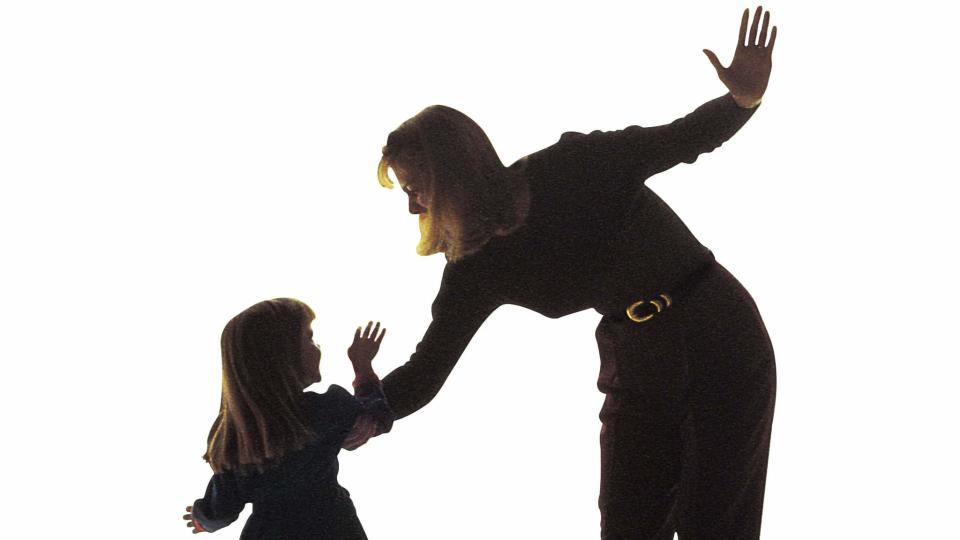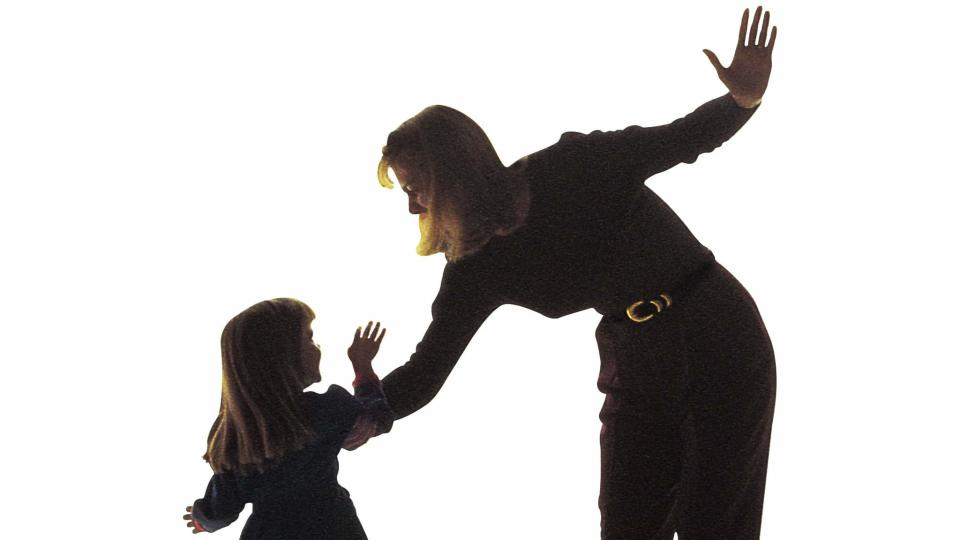UN Tells Britain To Ban Smacking Kids At Home
British parents should be banned from smacking their children, a United Nations report has suggested.
The proposal was part of a number of recommendations made by the UN Human Rights Committee, which monitors the implementation of the International Covenant on Civil and Political rights.
The committee is made up of 18 international experts from countries including Tunisia, Algeria, and Uganda, as well as representatives from the US and UK.
Referring to corporal punishment, the report said the members were surprised that smacking was not illegal in the UK.
"The state party should take practical steps, including through legislative measures where appropriate, to put an end to corporal punishment in all settings, including the home, throughout (the) United Kingdom," it said.
"It should encourage non-violent forms of discipline as alternatives to corporal punishment, and conduct public information campaigns to raise awareness about its harmful effects."
Currently, the law allows for "reasonable chastisement" to control a child's behaviour but parents can be prosecuted if that "chastisement" leaves injuries such as bruises, cuts or scratches.
Education Secretary Nicky Morgan last year told Sky News that she was against physical violence but said: "There is also an area where we don't want to criminalise parents … A sharp tap or sometimes there is a need for a mild smack that doesn't leave a mark."
It was not for ministers to instil a nanny state on the matter she said, adding that she, like most parents, very, very rarely used such discipline.
The UN also urged the UK to raise the age of criminal responsibility, which is currently 10 and considered by many to be too low.
And referring to Britain's counter-terrorism laws, the body suggested they should be reviewed because of concerns about several aspects of measures introduced to fight the threat of violent extremism.
Among those singled out were state powers for temporary seizure of passports of those suspected of planning to travel abroad on possible terror missions.
The report said the Government should consider reducing the maximum period that a terrorism suspect can be detained before charge - at present it stands at 14 days.
There should also be an end to the "blanket denial of bail" to those arrested under terrorism legislation, it urged.
The Government was also urged to look again at laws allowing the interception of personal communications and data, and to tighten and limit the amount of data that can be accessed, so that an individual's human rights are respected.
Rachel Logan, of Amnesty International, said it was "quite right" that the UK had been "taken to task".
"The UN has now joined the chorus of voices calling for an urgent overhaul of the UK's inadequate surveillance laws and it's hardly surprising," she said.

 Yahoo News
Yahoo News 

